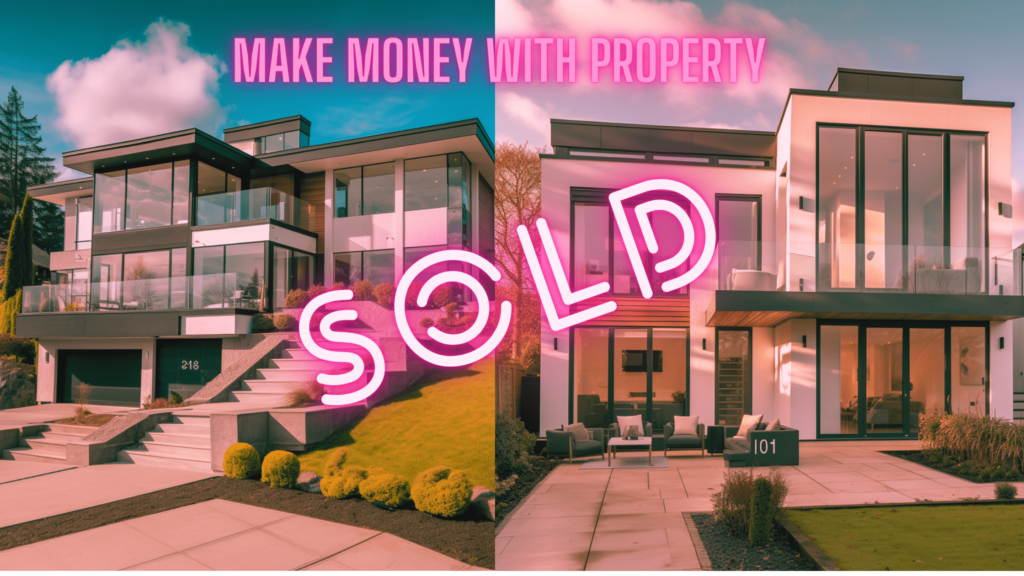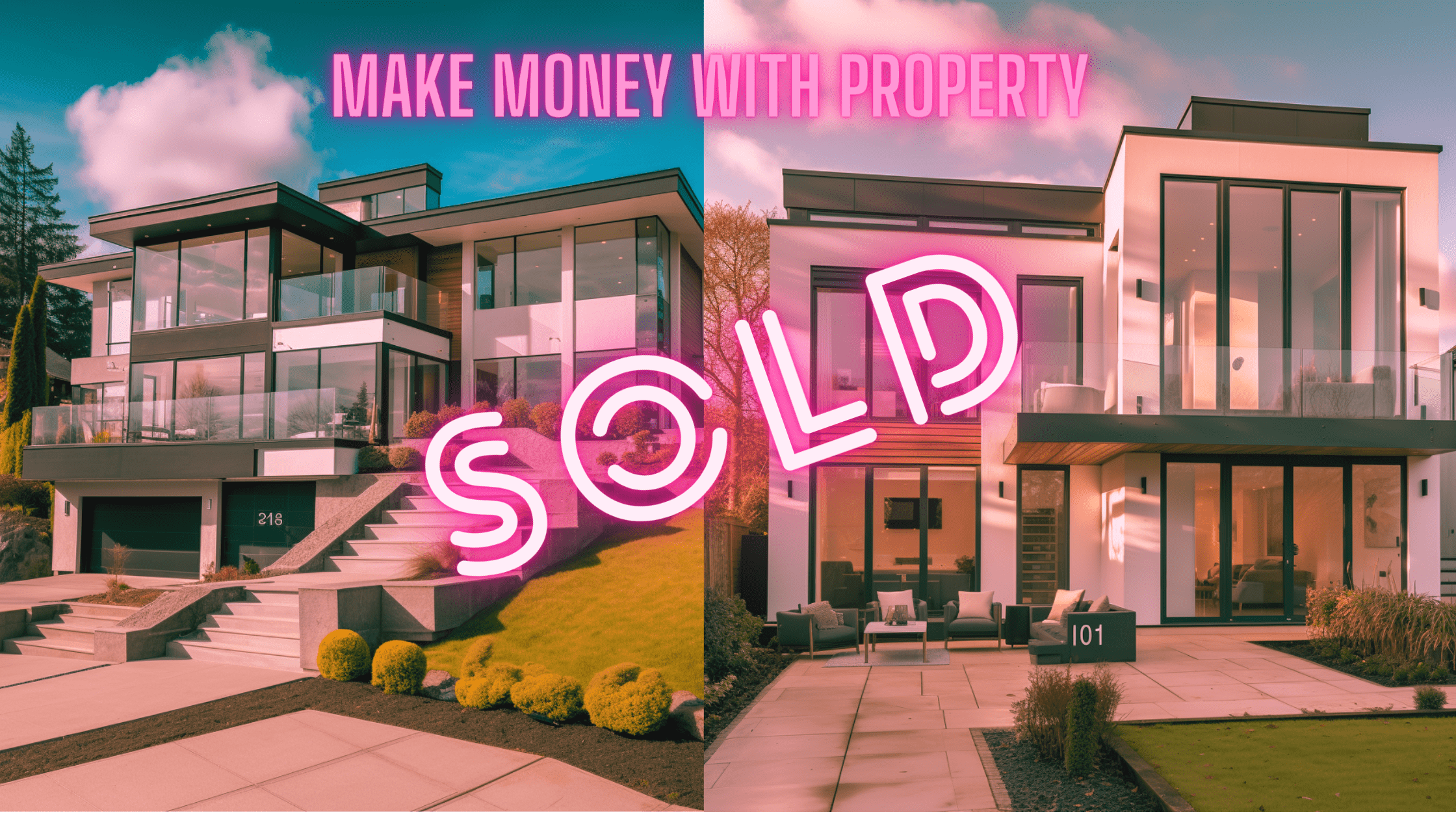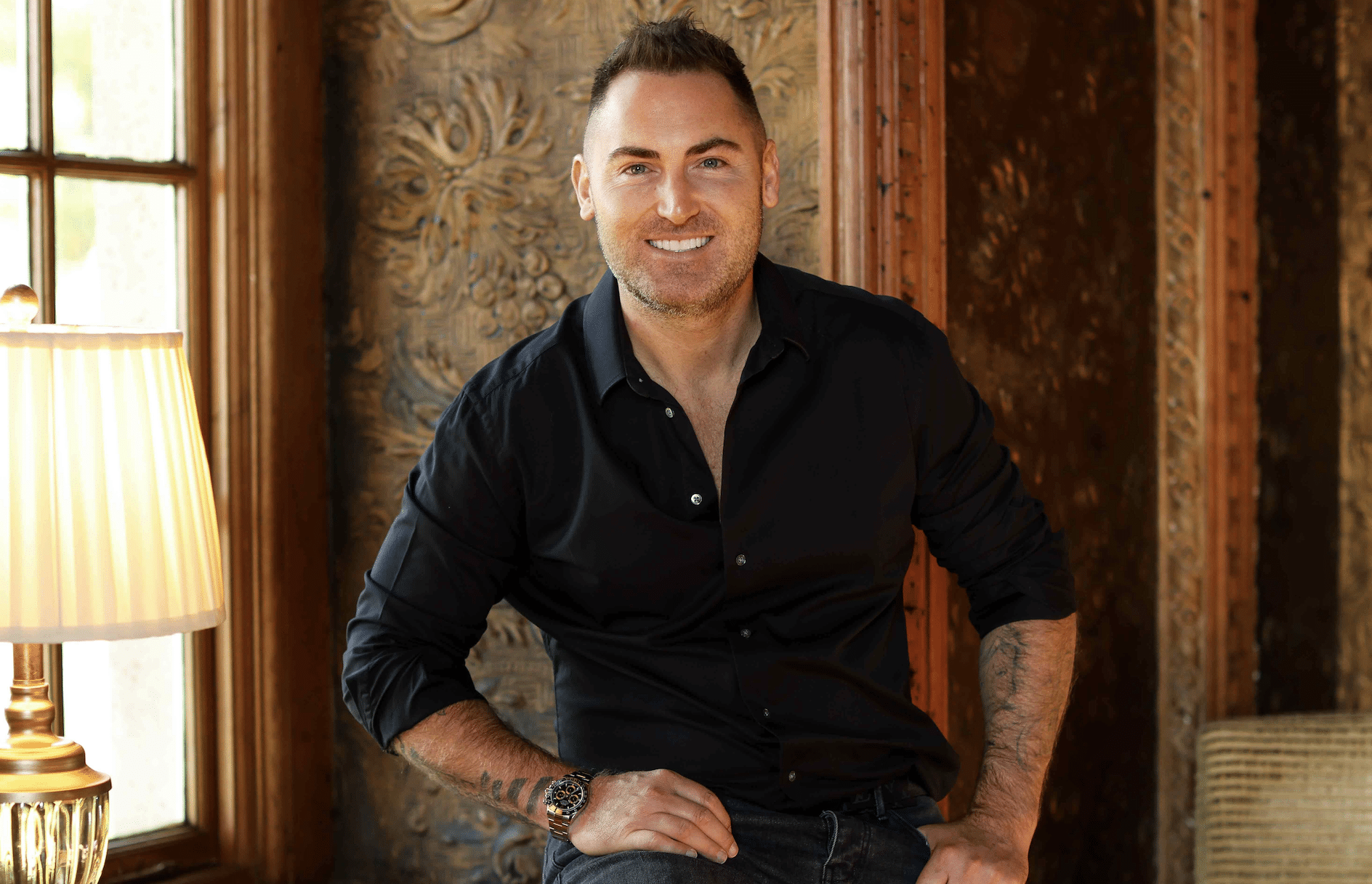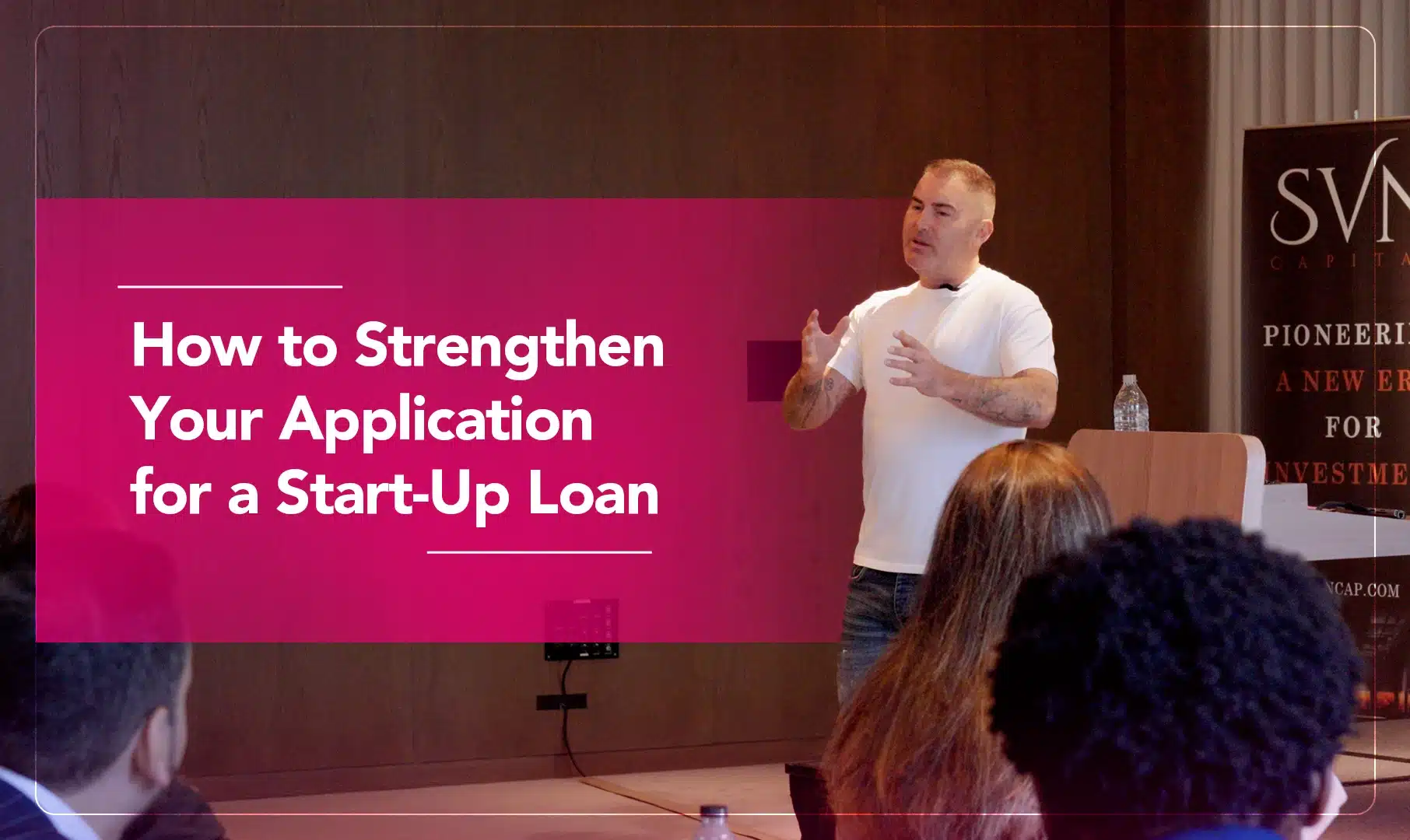
Scottish-American industrialist, Andrew Carnegie, is well known for saying: “90% of all millionaires become so through owning real estate.”
In the UK, one in 40 homes are now valued at £1m or more. Real estate makes up about 40% of a typical millionaire’s net worth in the USA, and 7% of Forbes’ annual World’s Billionaires list (that’s 193 billionaires) made their money in real estate.
Suffice it to say that property, or real estate, is one of the best ways to make big money. But how?
Understanding the property system in your location
First, you’ve got to understand the system. The main way people make money from property is when the asset goes up in value and at some point, you sell it and take the proceeds, but the devil is in the details.
Simply buying a property isn’t a guarantee you will make money. Property is a big ticket item – you can rack up a lot of debt and a lot of expensive obligations when it comes to real estate. There are maintenance costs, taxes, insurance, and even if you’re renting a property out, don’t assume it will deliver an income quickly. Most people make money on the property by increasing their equity.
Whilst the rent can often cover the running costs of a building, whether it’s a buy-to-let home or an office building, there are other costs you need to consider – the cost of buying and selling. For example, fees may include:
- Estate Agent fees
- Mortgage arrangement fees
- Conveyancing fees
- Energy Performance Certificates (EPC)
An important aspect is Capital Gains Tax. As things stand, in the UK there’s no Capital Gains Tax on your primary residence but there is taxation on properties bought for investment purposes (or secondary residences).. Depending on individual circumstances, that means that any property you sell that’s not your primary residence, you could pay up to around 40% Capital Gains Tax. It’s important to remember this when you do your sums. Don’t just look at the property value today and think about how it might go up. Consider what you are actually going to take away after the cost of dealing.
How do you calculate ROI on property investment?
You’ve got to know the ROI of a property before you buy it – otherwise what might look like a great idea in terms of the top-line figures might not seem so smart down the line.
Consider the following:
- The monthly return when you rent it out
- The capital return when you sell
- How long you’re planning to hold onto it
If you’re buying an investment property to rent, do this simple sum to calculate your annual % return from the rental income:
Annual Rent divided by Purchase Price multiplied by 100 = ROI %.
But that isn’t your only return as ultimately you are looking to sell the property for a greater amount than you bought it for so you will have a capital gain to factor into your overall returns too.
There are two common ways of calculating the capital gain portion of your ROI on real estate investment: the cost method and the cash-on-cash method.
- The cost method is where you calculate the ROI by dividing the investment gain in a property by that property’s initial costs. For example, if you bought for £100,000 cash, spent £10,000 on renovations and the end value was £150,000, then your return is £40,000.
- The cash-on-cash method is what most investors use as this calculates the true return on the cash they invest. This is where you take the equity that you have put into the property and divide it by the current market value. For example, if you bought for £100,000 but you bought it with a mortgage and only put down £20,000 cash. Your cash investment is £20,000 plus, if we use the same figures as above, £10,000 on repairs. If the property value is now £150,000 then it has increased by £40,000. So you have laid out £30,000 and made £40,000 – which is a ROI of 133%!
If you hold on to the property for a number of years then you will need to divide the overall gain you make by the number of years you held the property to get your annual % ROI figures.
So, for example, if we used the figures in the above example but you sold the property for that price after 5 years then you would divide 133 by 5 to get an annual return on investment of 26.6%.
Comparing different asset classes
It’s a good idea to then compare that rate of return to other investments and savings options. For example, stocks and shares, cryptocurrency, ISAs, investing in a business, or putting money into a particular bank account. It’s not just about the rate of return however, it’s also about the risk profile. As a benchmark, the average stock market return is about 10% per year, as measured by the S&P 500 index.
The thing about property is that it’s a physical item you can sell – there’s value in the land, if not in the building itself. Generally, property is a long-term investment unless you’re a developer and you know what you’re doing, so it’s not just about the rate of return on rent but also that all-important equity. Over time, property tends to go up in value if history is anything to go by. However, it might go down within a short period, so your ability to hold onto it until an opportune moment is essential.
With this in mind, property might therefore have a lower rate of return than something like cryptocurrency or certain stocks and shares, but depending on the specifics of what you’re looking at, it might have a lower risk profile. The likelihood of making some money might be higher. Deciding what to do at this point depends on your knowledge and your appetite for risk.
How profitable is property investment?
How profitable is property investment? It all comes down to how well you buy – or as someone once said, ‘you make your money on the way in, not on the way out.’ That said, rental yield is considered to be between 3% and 8% and a good return as standard is considered to be above 5%.
Do your research before you buy property
This brings us nicely to our next point – do your research. This goes for anything you do in business, money, or probably anything in life. However, if you want to make money out of the property – particularly if you want to make a lot of money – then you need to be clued up on the location and the market.
That usually means either investing long-term, doing something a bit riskier like developing a property or buying something you think will increase rapidly in value because you have the knowledge and the ability to take advantage of a specific moment in time (for example, new transport links are going in close by that will connect a remote location to an urban hub).
What type of real estate makes the most money?
Commercial real estate is reported to deliver the highest returns over time with a higher income potential than residential property.
How to become a millionaire through property?
Lots of people want to know how to get rich quickly, and property can be a great way to make a lot of money but it’s not a quick or simple process. You have to know what you’re doing and, as with all things, it takes time and knowledge. Those who have become property millionaires didn’t do it overnight – it’s a question of investing, investing well and reinvesting. Key things to remember are:
- Be patient
- Create a diverse property portfolio
- Always look for ways you can add value – don’t go for the smartest house, but the one with the most potential.
- Be tax-efficient
- Know the local market
- Going back to our point about Capital Gains Tax – begin by maximising the value of your home
- Be careful about the cost of borrowing and take advantage when rates are low
What are the three most important things in real estate?
Kirsty Allsopp might have told the world that location, location, and location are the three most important things in the property, but that’s only partly true.
Location is important, but that doesn’t always mean buying in the best place, but the place with the best potential.
We would say that the three most important things in real estate are:
- Property location
- Purchase value
- Property potential
The other thing, that’s not so much about the property itself but about the property purchasing process, is the rate and terms of any borrowing against it. If you can get a low interest rate borrowing it’s a fantastic baseline on which to make money on your property. This is less likely than it was three years ago, but, for example, if the rate of borrowing is 1.5%, then (assuming you can make the monthly repayments), you’re better off borrowing the lion’s share of the purchase price than paying cash because your ‘bet’ is that the ROI will – either through rent, eventual sale or both – be higher than that interest rate.
What is the Brrrr method?
The BRRRR method is a property real estate investment approach for those who plan to buy something rundown, do it up, rent it out and refinance against the raised value of the property in order to fund more rental properties. BRRRR stands for Buy, Rehab, Rent, Refinance, Repeat.
This can be an excellent way to build a passive income portfolio for the future as well as generate equity in the long term. However, it requires a lot of capital and a lot of moving parts, so you need to make sure you stay on top of each property, tenant and loan so that you don’t drop the ball. Remember, renovations can take more time and cost more than you think they will, so account for that in your plans.
Where is the most profit in real estate?
Broadly speaking, the most profit in property comes from letting it appreciate in value and then realising your profit when you sell.
You need to think about what exactly you want from your property investments. Having a portfolio of properties based on something like the BRRRR method is a great way to build long-term passive income, but it can take a long time before you see that cash in your bank account as it generally goes back into reinvestment and property maintenance for a while.
You may also find that, depending on your cash availability or borrowing capacity, it takes time to build equity in those properties, and that they might each be relatively low value. That’s not a problem in itself, but just remember to account for capital gains tax if you’re intending to make money when you sell.
Capital gains tax is one of the reasons most people make money on their primary residence in real estate. However, there’s no single rule in this game – it all comes back to how you do it: what you buy, when you buy, how you buy, how long you can hold onto it, and what the terms of any borrowing or financing are.
Want to become a property investor and create a property portfolio for passive income and big financial gain? We can help you create the mindset of a millionaire through private coaching and business consultation.
Find out more about working with us here.
If you want to overcome procrastination and increase your chances of success, our private business coaching can help you find the motivation and sense of purpose you need, whether you want to achieve at work or start your own business.






